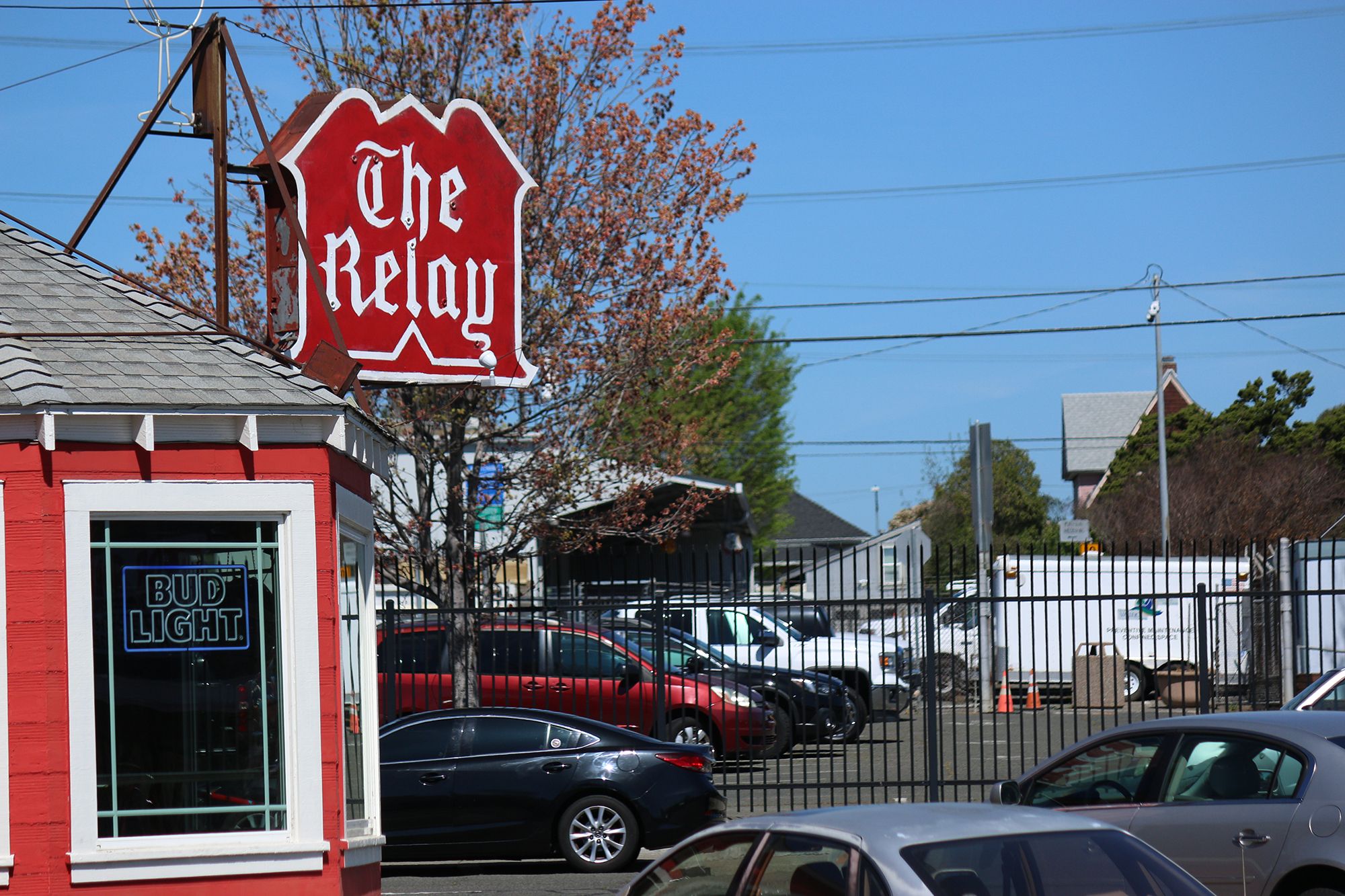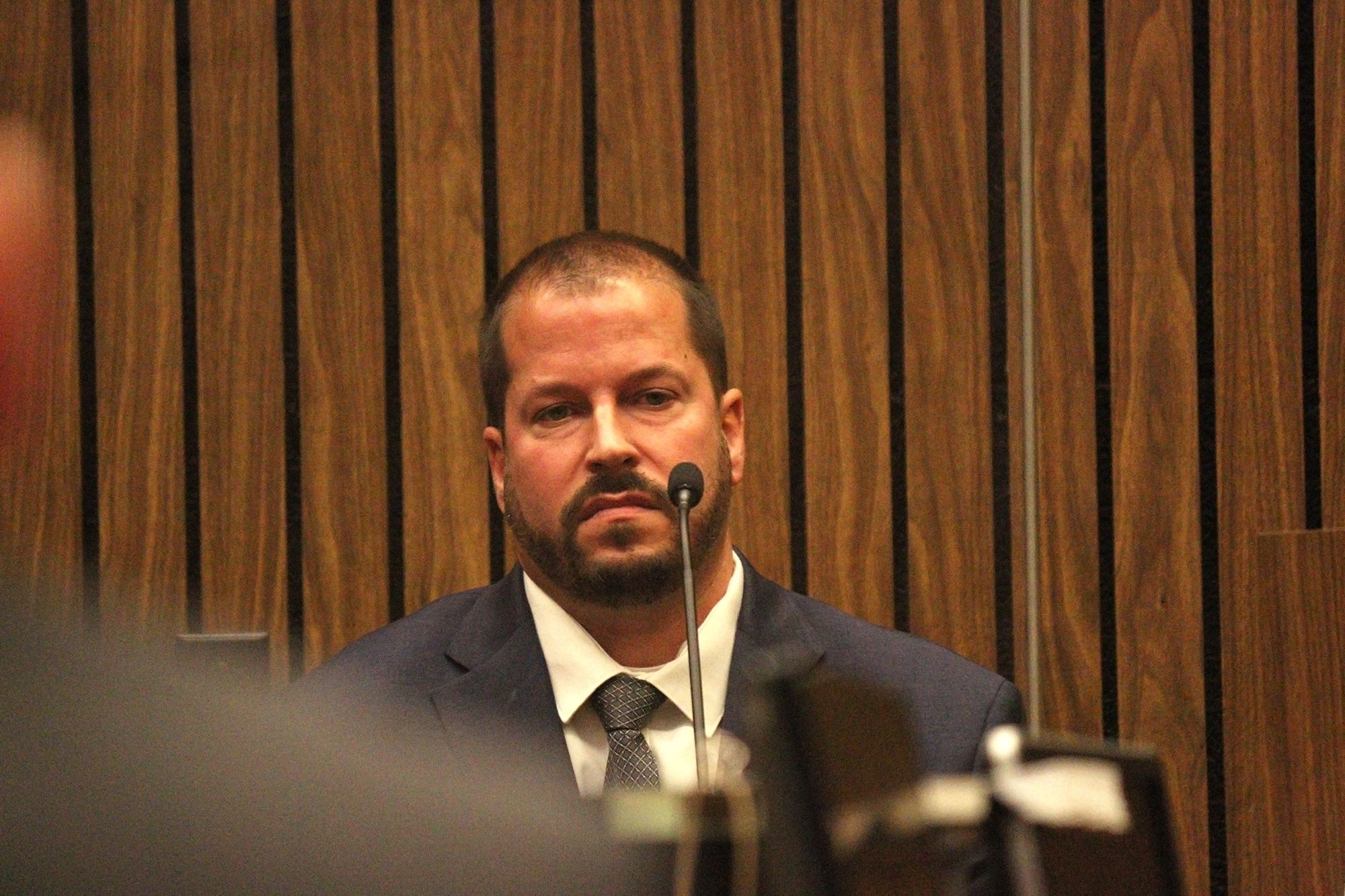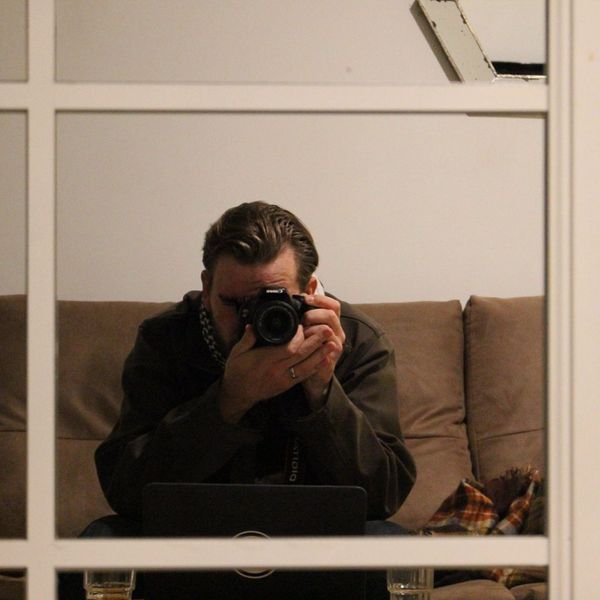VALLEJO — A Solano County Superior Court judge said Wednesday that retired Sonoma County Sheriff Rob Giordano's investigation into Vallejo police's tradition of badge-bending after shooting someone on duty has "no value" and is "not designed to bring some light" into the practice.
“I don’t think anything Mr. Giordano said matters,” Judge Daniel Healy said following Giordano’s testimony in a criminal case involving several Vallejo police officers who fired towards an Oakland school in 2018.
Giordano admitted on the stand that his investigation into the badge-bending ritual didn’t include any records from the Vallejo Police Department or Ed Jones Co., the Berkeley-based manufacturer who supplies Vallejo police their badges, about repairs or replacement badges.
“For the purpose of this, I never had anyone tell me they bought a new badge,” Giordano testified Wednesday morning.
The testimony this week offered further insight into one of the Bay Area’s most violent police departments, one that, like others, has been protected by privacy laws that previously shielded police misconduct from being made public.
The Solano County Public Defender’s Office called Giordano to the witness stand in its ongoing defense of Dominic Milano, a Fremont man who in 2018 led Vallejo police on a chase that exceeded 120 mph from Vallejo to Oakland, where Milano exchanged gunfire with several officers, including Vallejo police Corporal Matthew Komoda.
Milano faces attempted murder and other charges related to the exchange of gunfire with Vallejo police, which occurred after Milano crashed his vehicle into a pole outside a school in Oakland.
It was Komoda’s third shooting in three years. Each followed a vehicle pursuit and two also involved his partner, Officer David McLaughlin.

McLaughlin briefly testified Wednesday morning, saying former Vallejo Lt. Kent Tribble — nicknamed “Captain Taser” by prosecutors for his propensity for violence — bent a tip of his and Komoda’s badge following a fatal shooting in 2016.
McLaughlin said he hadn’t heard much about badge-bending in the department after Tribble bent his and Komoda’s badge following the 2016 shooting other than talk of badges being inspected in 2018.
“The way everything was explained to me, it wasn’t a big deal,” McLaughlin testified.
Tribble testified on Tuesday that he brought the badge-bending tradition over from the Concord Police Department. But, he said the tradition wasn’t a celebratory one as previously alleged, but one that recognizes officers for their quick-thinking in life-or-death circumstances.
During a hearing in July, Filloy said Komoda had a “long history of aggressive policing and dishonesty in court” and badge-bending the general culture of the Vallejo police department gave officers an “incentive to shoot people.”
For the last two years, Filloy has been attempting to bring the badge bending into criminal court proceedings involving certain Vallejo officers to show the practice incentives officers to shoot.
The new testimony, spread over two days in a Vallejo courtroom, was the most significant public discussion of the badge-bending tradition since July 2020 when Vallejo Police Chief Shawny Williams publicly admitted the tradition took place within the department.

The city hired Giordano to conduct an outside investigation into the practice. The city has acknowledged that the investigation was completed in September, but continues to block the report from being made public. Healy also denied a defense motion to make that report public on Wednesday.
On the witness stand Wednesday, Giordano testified that he didn’t review invoices from the Ed Jones Co. because he didn’t think officers would go through the department to get a new or fixed badge. He said officers “never considered replacing their badge. They just bent them back.”
While Giordano said he asked officers to bring “all badges” to interviews with him, he testified that Komoda only brought one badge and Giordano wasn’t sure if it was his officer’s badge — which Komoda previously testified Tribble bent — or the corporal badge he received when he was later promoted.
“Nobody’s going to bring me a bent badge,” Giordano said.
Also, Giordano said “the badge company didn’t have any records of their own.” Giordano also said he wasn’t sure if invoices would specify if repairs were made to the badges.
Filloy, however, told Healy he’s received thousands of records from the badge company and some of the documents were specific to work being done, including one to fix a bend in the tip over the letter E in Vallejo. He said Giordano’s investigation furthered “intentional efforts by the city to hide records” of police misconduct.
Following Giordano's testimony, Filloy called him a "professional apologist and cover-up artist" for police departments following his retirement as Sonoma County sheriff.
Throughout the two days of hearings, several officers — including Tribble, McLaughlin, Komoda and former Vallejo police officer turned Napa County Sheriff’s Deputy Josh Coleman — gave contradictory testimony about who was present when Tribble allegedly bent their badges at the Relay Club, a bar across the street from Vallejo police headquarters on Amador Street.
For example, Coleman testified Tuesday that he wasn’t present when Tribble bent Komoda’s and McLaughlin’s badges in 2016, but McLaughlin testified Wednesday that Coleman was there.
The former and current Vallejo police officers painted the tradition much differently than previously alleged: they said it was a somber tradition perpetuated by one person in the department, not one that celebrated taking someone’s life.
Healy didn’t allow Filloy to call former Vallejo Capt. John Whitney, who is suing the city, alleging he was fired in retaliation for bringing officer misconduct to light. Healy said while more evidence about badge bending needed to be made public, it wasn’t directly relevant to Milano’s defense, so it was necessary to continue that line of inquiry.
Healy also didn’t allow records — including audio recordings of interviews with officers involved in the practice — from Giordano’s investigation to be made public, saying state law isn’t clear if records should be disclosed if they show a “department culture that encourages violence.”
But, Healy said, the record does suggest the badge-bending tradition wasn’t a good-natured one as officer testimony alleged, but rather a “notch in the belt” in a police department with a “Wild West” culture.
Before you go...
It’s expensive to produce the kind of high-quality journalism we do at the Vallejo Sun. And we rely on reader support so we can keep publishing.
If you enjoy our regular beat reporting, in-depth investigations, and deep-dive podcast episodes, chip in so we can keep doing this work and bringing you the journalism you rely on.
Click here to become a sustaining member of our newsroom.
THE VALLEJO SUN NEWSLETTER
Investigative reporting, regular updates, events and more
- policing
- Vallejo
- Vallejo Police Department
- courts
- Rob Giordano
- Badge bending
- Ed Jones Co.
- Solano County Public Defender
- Dominic Milano
- Matthew Komoda
- David McLaughlin
- Kent Tribble
- Nick Filloy
- Shawny Williams
- Josh Coleman
- John Whitney
- Daniel Healy

Brian Krans
Brian Krans is a reporter in the East Bay who covers public health, from cops to COVID. He has written for the Oaklandside, Healthline, California Healthline and the Appeal.
follow me :




